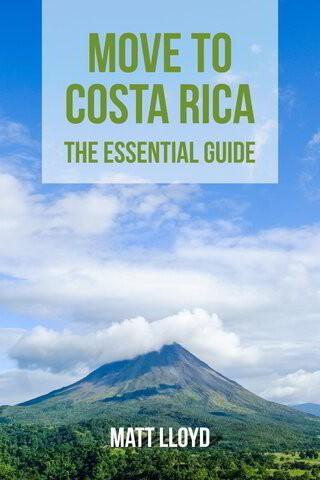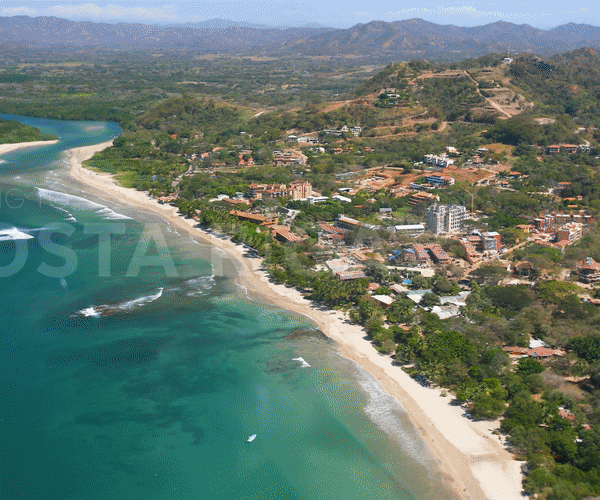In recent years, Costa Rica has gained a reputation as a leader in sustainable living.
With a solid commitment to protecting its natural resources and reducing its carbon footprint, Costa Rica has implemented various eco-friendly practices and initiatives.
Renewable Energy Sources
One of the most significant steps Costa Rica has taken toward sustainability is its transition to renewable energy sources. In 2019, the country ran for 300 days solely on renewable energy. It achieved this feat by using hydroelectric power, wind power, geothermal energy, and solar power.
These energy sources reduce carbon emissions and have lower operational costs, making them a win-win solution for the environment and the economy.
Eco-Friendly Transportation

“Costa Rica’s electrical grid runs on more than 98% renewable energy, but its transportation sector remains heavily dependent on fossil fuels.”
Transportation significantly contributes to carbon emissions, but Costa Rica is taking steps to reduce its impact. Today, the country has an extensive network of bicycle paths, encouraging citizens to cycle instead of using cars.
The government has also promoted electric vehicles and buses; many of its taxis are hybrids. A very exciting addition is the country’s investment in a train system that runs on electricity, reducing carbon emissions. The project will do the following:
• Connect directly with buses, taxis, or bike systems
• Feature 46 stations, with ten being intermodal
• Transport 200,000 people daily throughout the Greater Metropolitan Area.
This investment will help Costa Rica decarbonize by 2050.
Eco-Tourism
Tourism is a significant industry in Costa Rica. The country has been promoting eco-tourism, a sustainable form of tourism that focuses on preserving the environment and supporting local communities.
Eco-tourists can enjoy activities like bird watching, nature walks, and wildlife safaris, all while supporting conservation efforts and promoting sustainable practices.
Organic Agriculture
Costa Rica has also promoted organic agriculture, a sustainable farming method using natural fertilizers and pest control. Organic farming reduces harmful chemicals and protects soil health, making it a more sustainable and eco-friendly approach.
Many farmers in Costa Rica have adopted organic farming practices, and the country is becoming a leading producer of organic coffee, pineapples, and bananas.
Green Buildings
Costa Rica has also been promoting green buildings designed to be eco-friendly and energy-efficient.
Green buildings use renewable energy sources, natural lighting, and recycled materials, reducing their environmental impact.
These buildings will be introduced into the housing market and retail spaces. It has also implemented building codes that require new construction to meet specific sustainability standards, and many hotels and resorts in the country have been certified as eco-friendly.
*NOTE — The Costa Rican Convention Center received LEED Gold Sustainability Certification. It was awarded by the U.S. Green Building Council and is the second-highest rank of the well-known LEED Certification.
A Final Thought
Costa Rica's commitment to sustainable living is an excellent example of how countries can protect their natural resources and reduce their carbon footprint.
With initiatives like renewable energy, eco-friendly transportation, organic agriculture, and green buildings, Costa Rica is paving the way for a more sustainable future.
When considering a move here, think about how you can support these sustainability initiatives and practice sustainable behaviors when living in this beautiful country.
Pura Vida! 🌺




